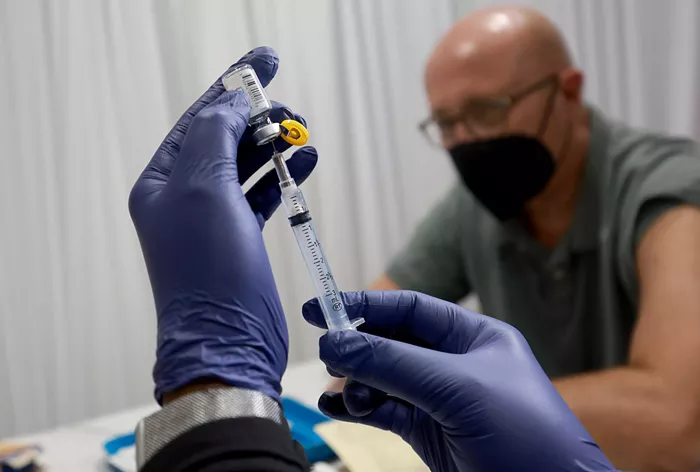Mpox cases are on the rise in King County, and local health officials are urging people that are eligible—and at risk—to get vaccinated.
A Wednesday alert from Public Health Insider, the official blog for county’s public health agency, said 45 new cases of mpox (formerly called monkeypox, a wrong that took the WHO 50 years to right) were reported in King County residents in September—the highest number of cases in the county in single a month since the initial 2022 outbreak. which saw as many as 200 new cases in a month. Case numbers have risen in Chicago, in San Francisco, and New York City as well.
Mpox is a viral infection that causes an often extremely painful skin rash, and sometimes flu-like symptoms. Fortunately, most people recover without treatment in two to four weeks, (there have been no recorded mpox fatalities in King County, according to county data, and only 20 of the 716 recorded cases since 2022 resulted in a hospitalization) but by all accounts, it’s not a virus you want to suffer through if you can avoid it.
And worse, it’s very contagious, especially because you can pass the virus along before you show any symptoms. Mpox is most commonly spread through sexual contact, but can be transmitted through close physical contact with another person with the infection.
The rise in cases could be due to age, said Dr. Tim Menza, the medical director at the county’s public health agency and a professor at the University of Washington. Young people who weren’t sexually active during the 2022 outbreak may have felt they didn’t need to get the mpox vaccine. And, due to the drop in cases since 2022, healthcare messaging hasn’t been as strong.
“Folks who were young, it wasn’t a thing or something they thought they needed to pay attention to in that time,” Menza said. “And the fact that maybe there hasn’t been much messaging around it to kind of keep it in people’s brains as something important.”
A decline in federal support for mpox vaccination and awareness is another possible factor in the spread, Menza said.
Mpox is commonly seen in cisgender men, transgender people, and non-binary people who have sex with men. Folks who have engaged in commercial or transactional sex and folks who have had skin-to-skin or other close contact with someone with mpox are also at higher risk. Anyone in these categories should get the two-dose vaccine.
According to Public Health, the vaccine prevents most mpox infections. If you do contract mpox, the vaccine is highly effective at preventing severe cases. Just like the COVID shot, it takes about two weeks from the second dose for the vaccine to take full effect.
To get the mpox vaccine, contact your healthcare provider to see if they offer it. If you don’t have insurance or if your insurance doesn’t cover the full cost, you can get vaccinated for free at Public Health’s Sexual Health Clinic at Harborview, regardless of immigration or documentation status. You can schedule an appointment at 206-744-3950. Walk-ins are available.
For a full list of clinics offering mpox vaccines, you can visit this page provided by Public Health.




